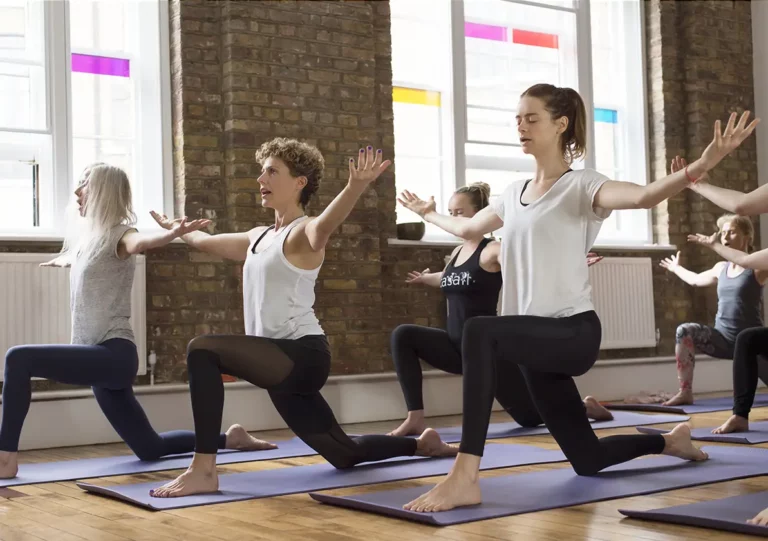Many of you reading this will have gone through periods of stress or worked through it with the person you love most. I know I have. And that’s why there is an urgency to find answers. I think this generation has a window of opportunity to call for change and to discover a new way forward.
As a species, we’ve been around for 200,000 years. For most of that time, mental health has not been on our radar. Too busy surviving. But we are starting to understand that mental health is essential to make life worth surviving.
Research has shown that 16 million people experience a mental health problem each year, and stress is a key factor in this. We can’t afford to under-estimate stress or avoid making the changes needed for a less toxic approach to living. In this blog, I want to explain why.
Stress – the survival response
Stress is not a mental health problem itself. The stress response is a survival strategy to keep us safe. It was a vital adaption when looking to survive being eaten on the savannah.
Humans won the evolutionary game of thrones because when we sensed threat or danger, our amygdala (the part of our brain controlling emotions like fear and anxiety) switched on like a light. When that happens, the brain shuts down any unnecessary functions and hormones like cortisol flood the blood with glucose, giving a power surge to the body’s muscles to respond in two ways; flight or fight.
The social scientist Michael Marmot describes stress as what happens when we can’t control what is happening to us. And today our brain cannot distinguish between a lion’s menacing presence and the affront of a rude person who pushes past you in the queue. The physiological response is the same. Many of us are triggering our stress response repeatedly every day – day in, day out.
It leads to what the experts call the allostatic overload. Instead of out-witting the lion and then retreating to a nearby cave, repeated stressful events is like being chased all day by a lion on repeat. Sound like one of your days? It turns out that this is very bad for us. It makes us sick.
What does stress do to us?
Researchers at the Yale Stress Center found that when stress becomes a way of life – rushing from pillar to post (reading emails as you fly past) – the prefrontal cortex part of our brain begins to shut down and even reduces in size. The prefrontal cortex is the most recently evolved part of our brains – it regulates our amygdala, blood pressure and heart beat but also enables us to learn, plan, concentrate and make judgements.
Chronic stress increases our risk of addictive and destructive behaviour, of developing anxiety, depression and other mental health problems. It can also increase risks of physical health problems including heart disease, insomnia, muscle pain and damages our immune system…the list goes on. Stress has also been linked to cancer, both through increasing inflammation in the body which can aid in the spread of cancer, and through greater risk of central obesity. Interestingly, it is our perception of stress in our lives added to actual stressful events that predicts its impact on us.
Overcoming stress and anxiety
Chronic anxiety can affect our life in many ways. Reduced concentration and work avoidance can affect productivity bringing financial problems. Chronic anxiety can hinder or damage relationships – in some cases a person will stop leaving their house avoiding social contact with others.
Most people can take steps to overcome anxiety and deal with associated symptoms. We can learn how to relate to life challenges differently and work with what we can control.
We can learn about Mindfulness and meditation and relaxation techniques and an appropriate course of therapy taken. Cognitive Behavioural Therapy (CBT) is an effective therapy for treating anxiety. It teaches us to identify negative repetitive thinking habits, how to respond rather than react and how stress effects our body, reactions, mood, eating, awareness and ultimately how to let go of unhelpful behaviour.
By tackling stress, we can go a long way to tackle mental health problems such as anxiety and depression, and, in some instances, addictions, self-harm and suicide.
Belinda offers counselling, integrative psychotherapy and CBT and mindfulness massage at triyoga Shoreditch and Soho. Click here to view her schedule and book an appointment.










